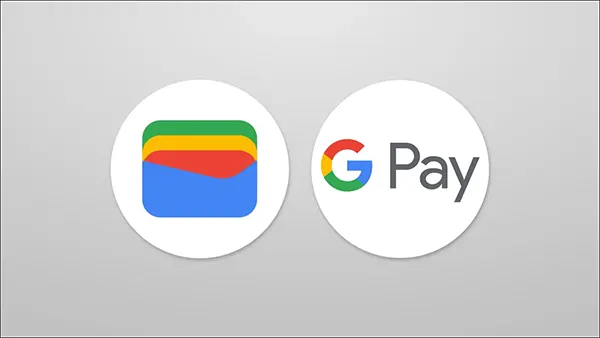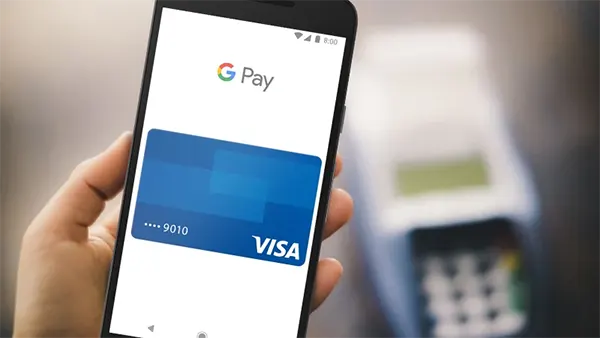
GPAY for Mobile Deposits in Gambling: Benefits and Practical Limits
Google Pay has become a widely used mobile payment tool, and by 2025 it is firmly integrated into everyday transactions, including deposits on gambling sites. This method attracts players thanks to its security standards, quick processing, and compatibility with modern devices. At the same time, it comes with restrictions that users should understand before choosing it as their primary method for funding gaming activity.
How Google Pay Works for Gambling Transactions
Google Pay operates as a digital wallet that stores encrypted card data and conducts payments through tokenisation, reducing exposure of sensitive banking information. When used on gambling sites, it enables instant deposits without sharing card numbers directly with operators. This adds a significant layer of safety compared with manual card input.
Another advantage is the compatibility with modern banking systems. By 2025, almost all major banks in Europe, the UK, and many international regions support Google Pay for mobile transactions, making it accessible to a broad audience. For players, this means they can fund accounts within seconds using smartphones or smartwatches.
Despite convenience, it is important to note that functionality may differ depending on local regulations. Some jurisdictions allow deposits through mobile wallets but restrict withdrawals, which affects how users manage funds on gambling sites.
Security Standards Behind Google Pay
Security is one of the strongest aspects of Google Pay. The system uses multi-layer protection, including tokenisation, device-level authentication, and fraud monitoring powered by machine learning. These measures ensure that financial data remains inaccessible to third parties during the payment process.
Biometric verification is another key element. Most users rely on fingerprint or facial recognition to confirm transactions, reducing the risk of unauthorised access. This form of authentication is quicker and more reliable compared with traditional passwords or PIN codes.
In addition, all transactions go through encrypted channels that comply with PCI DSS standards. This makes Google Pay a dependable choice for those who prioritise safety when managing gambling deposits.
Benefits of Using Google Pay for Deposits
One of the most notable advantages is speed. Google Pay deposits usually reach gambling accounts immediately, enabling players to access games without delays. This level of efficiency is especially valuable in live gaming and sports betting, where timing can influence user experience.
Another benefit is privacy. Since Google Pay does not transmit card details to the operator, users keep their banking information protected. For individuals who prefer discreet payments, this method offers a suitable alternative to traditional bank transfers.
Furthermore, Google Pay is compatible with loyalty systems offered by many banks. This means that mobile deposits may still count towards cashback or loyalty points, depending on the financial institution’s policy.
Convenience Across Devices
Google Pay works across a wide range of devices, including Android smartphones, tablets, Wear OS watches, and even some iOS devices through web-based functionality. This makes it adaptable to various user preferences and technical setups.
By 2025, the service has been optimised to support quick switching between cards within the wallet, which is useful for players who use multiple banking products. The interface allows seamless selection and confirmation of preferred payment sources.
Another convenience factor is that users can manage spending and monitor transaction history directly within the app. This is particularly relevant for individuals who want to maintain control over gambling budgets and avoid excessive spending.

Limitations and Regulatory Restrictions
Despite its strengths, Google Pay is not universally supported for gambling withdrawals. Many operators allow deposits via this method but require alternative options, such as traditional bank transfers or e-wallets, for cashing out. This may create inconvenience for users who prefer a single payment method.
Another limitation arises from regional regulations. Certain countries enforce strict payment controls on gambling operations, which may prevent mobile wallets from being used for deposits altogether. In such cases, users are required to choose bank cards, vouchers, or other approved systems.
Transaction limits may also vary. Some banks impose daily or monthly caps on Google Pay payments, which can affect users who fund accounts frequently or in higher sums. These restrictions depend on the financial institution and cannot be modified through the wallet itself.
Compatibility Issues with Gambling Operators
Although Google Pay is growing in popularity, not all gambling operators have integrated it as a supported payment method. Smaller or newly launched platforms may lack technical compatibility, offering only traditional card payments or established e-wallets.
Another issue is that some operators use third-party payment gateways that do not support mobile wallets. This means that even if Google Pay is acceptable in the jurisdiction, the gateway may block its functionality for gambling-related transactions.
Finally, bonus eligibility may differ. Some gambling sites restrict certain payment methods from welcome promotions, and although Google Pay is often included, users should verify specific rules to avoid misunderstandings.
